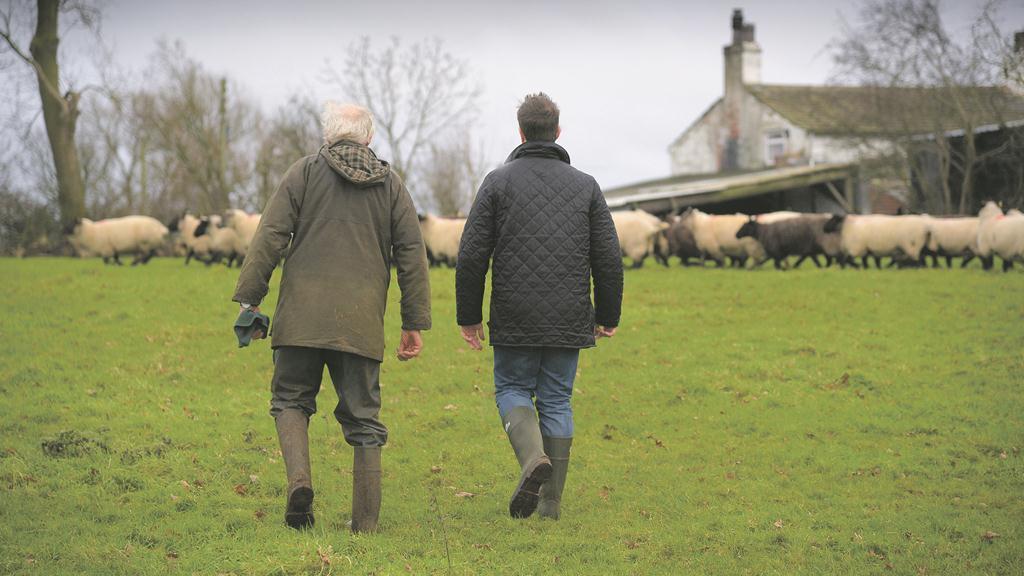Minister for Climate Action, Communication Networks and Transport Eamon Ryan feels that retaining family farm structures provides a “more sustainable, environmental, green future” for Irish farming.
In a broad-ranging interview last week (Friday, October 2) with AgriLand news editor Stella Meehan and news journalist Kathleen O’Sullivan, the Green Party leader discussed the need for farmers to adapt measures to increase biodiversity.
“The details are yet to come out, but the idea I would be pushing is that a small section of the field, maybe not fully utilised, is used as a space for restoring nature – allowing it to rewild,” the minister said.
“Developing forestry pockets, not the whole farm be given over to clearfell, monocrops of Sitka Spruce, but actually restoring water quality, restoring nature, restoring carbon and paying the farmer well for that part of it and using carbon tax to fund that.
“I talked to rural TDs and they’re nodding their heads saying ‘yeah, that makes sense’.”
The ‘new, green economy’
When asked what the phrase the ‘new, green economy’ will mean for farmers and rural Ireland, Minister Ryan said “it has to mean a good income”.
“We have a real difficulty. Our dairy farming sector is doing relatively well, but a lot of dairy factors have had real difficulty particularly in recent years with drought and flooding and prices fluctuating – it’s not easy and Brexit has scared the living daylights out of all of us.
“But, there is a very successful dairy sector that is getting at least an income that a family farm can live off.
“There are farms where there is a real difficulty because [of] the price they’re getting – just the simple reality is that farmers tell me they get the same prices their father got, 30 or 40 years ago.
“Everything else is going up in costs and the same thing with the beef and suckler farmers – they’re not getting the income [in proportion] to the amount of work that they do.
So, I hope the green economy can change that.
The minister added that the attitudes of both environmentalists and farmers needs to change on both sides.
“It has to change from our side – we have to be out there listening and working with them [farmers],” the minister continued.
“But, I hope it also changes from the farming side and they realise that actually the stuff we’ve been saying is true – we are all threatened by climate change, it does make life more difficult, particularly for farming, where the weather systems get more extreme, but also the customer is going to want this environmentally good product and we can deliver it.
“Irish farmers are really good at what they do, and I think when it comes to things like animal welfare and quality, we’re better than a lot of other places.”
‘It takes time’
The minister feels that our industry in Ireland is “closer to nature” than in some other countries, and that there is potential by “farming for nature” that farmers will get paid better.
“It takes time to make the switch towards using less inputs, but it’s not impossible,” he said.
I think one of the critical things is that we really need to get public confidence around that, around rural Ireland, because our farm population is ageing and we need a new generation of young people.
The minister added that we have to look at ideas that stray from the “old tradition that the oldest son inherits the land”, as a lot of farms have a “real difficulty in getting the next generation” involved.
“We [must] give access – there are people who would love to be involved in farming but they can’t get access to land.
“It can’t just be big contractor model where you get someone who effectively becomes the farmer for the entire parish with leasing land and managing the whole thing because then we’d lose that structure – the family farm, which we do want to retain.
“I think that’ll be a more sustainable, environmental, green future for Irish farming when we retain family farm structures. How we do that is a challenge.”
